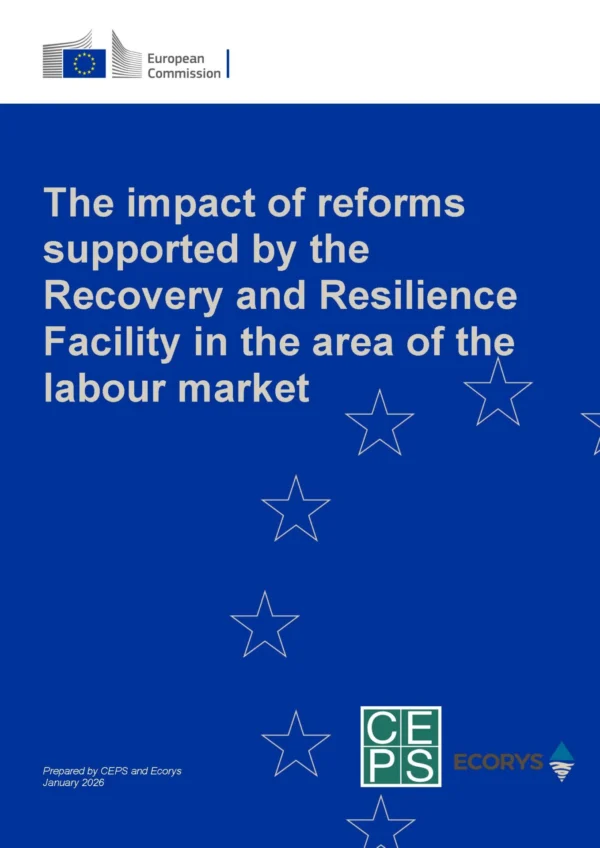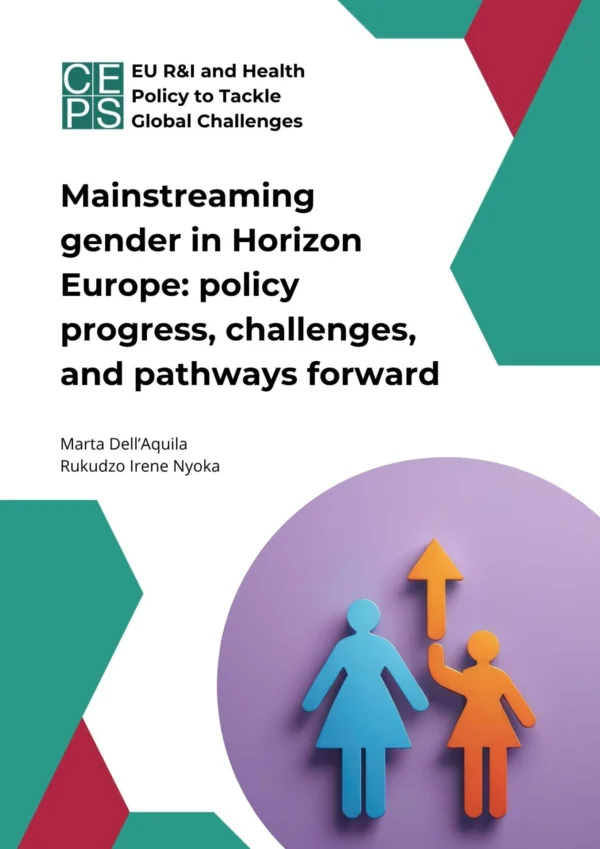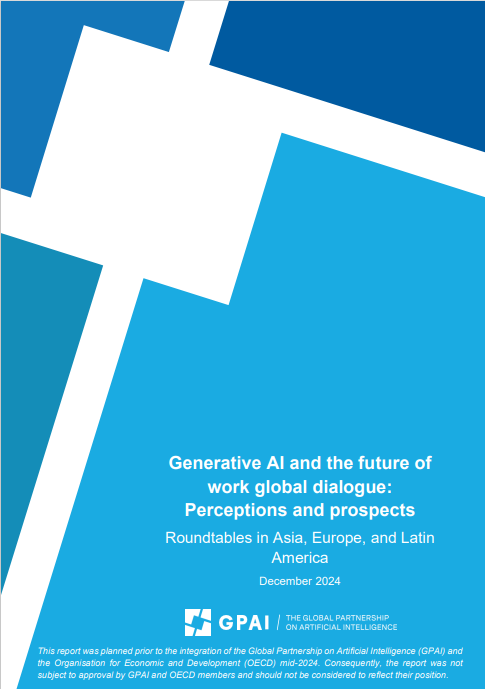Key megatrends – including technological, environmental, geopolitical, and demographic changes – are likely to reshape labour markets and social inclusion in Europe over the next decade. This study explores projected shifts in labour and skills demand and supply, the structural drivers influencing equality of opportunity, and the challenges these trends pose for the sustainable development of inclusive societies. The study anticipates major sectoral and occupational transformations, with a declining working-age population and persistent mismatches and shortages likely to exacerbate labour market pressures. Technological change, especially AI advances, is expected to alter task composition within occupations, with uneven impacts by gender, region and skill level.
Beyond employment, megatrends are likely to affect job quality, access to services, and the adequacy of social protection systems, creating further risks for inclusion and equality. The study also identifies three self-reinforcing vicious cycles linked to intergenerational poverty and social exclusion, low-quality employment, and skills underutilisation, stressing the need for targeted – yet systemic – interventions. The findings aim to inform future programming of the European Social Fund Plus (ESF+).
This study was prepared for the European Commission’s DG EMPL.











